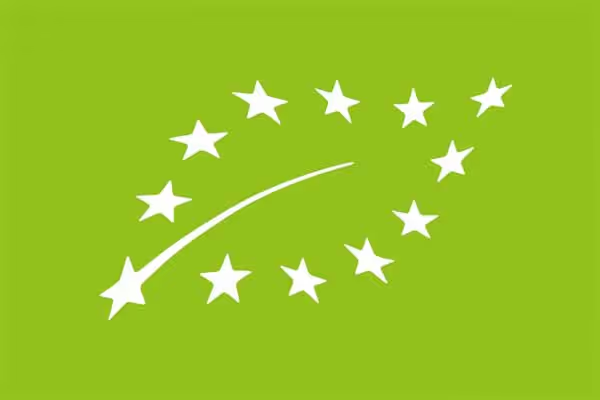It's our job to ensure that when you buy organic food, every step of its journey to you is certified.
For a food or drink product to display the certified Organic label the whole supply chain needs to be certified. This means that ingredients must come from a certified Organic business. SOPA also operate Processing Standards for businesses who handle, blend, cook or distil organic products for sale. For example:
Consumer research tells us that organic food is really valued. People buy it for the high animal welfare status, for the naturalness of the food, and because organic farming methods are kinder to the biodiversity and the environment. It's the most friendly climate change way of farming, and is very often locally produced.
Choosing organic food supports biodiversity, animals, people and the planet.
There are a number of terms used to describe food that has been produced in a traditional or environmentally way, however the use of the word ‘organic’ is the only term that is enshrined in law.
Organic farming and food processing is independently audited and legally recognised to deliver across-the-board benefits to biodiversity, water, soils, climate change and animal welfare.
All organic foods must display a label and a certification code issued by the Organic Certification Body. You can also ask for the organic certificate of the producer or the processor. Remember that as every stage of the organic process is certified, you only need the certificate from the final processor to prove that every business in the supply chain has been thoroughly audited.
If you want to check if an organic certificate is genuine, there is an official online search facility called bioC, available here
SOPA-certified organic food is always labelled with the code

GB-ORG-17
When you see this code you know that you are buying organic food produced to the highest standards that are implemented robustly and fairly at every step of the certification trail. This code means that the organic status is fully traceable and legally compliant.
Here at SOPA we don’t believe in misleading or confusing labels, so we don’t make it mandatory for labels to carry the SOPA logo. Of course, it is nice to do because it demonstrates the Scottish organic credentials, but the minimum guarantee is always displaying the GB-ORG-17 code.
If you come across a label that you suspect is fraudulent or misleading, you should contact your local Trading Standards office.

PO Box Golspie, KW106AA
Email: info@sopa.org.uk Tel: 0300 772 9795
Scottish Organic Producers Association, Registered Office is c/o Drummond Laurie, Algo Business Centre, Glenearn Rd, Perth, PH2 8BX.
Scottish Organic Producers Association is a Co-operative registered under the Co-operative and Community Benefit Societies Act 2014, Registration Number SP02278R. Organic Certification GB-ORG-17